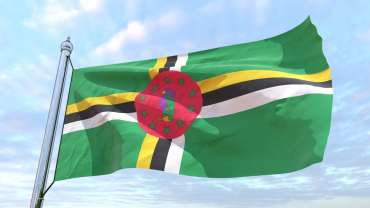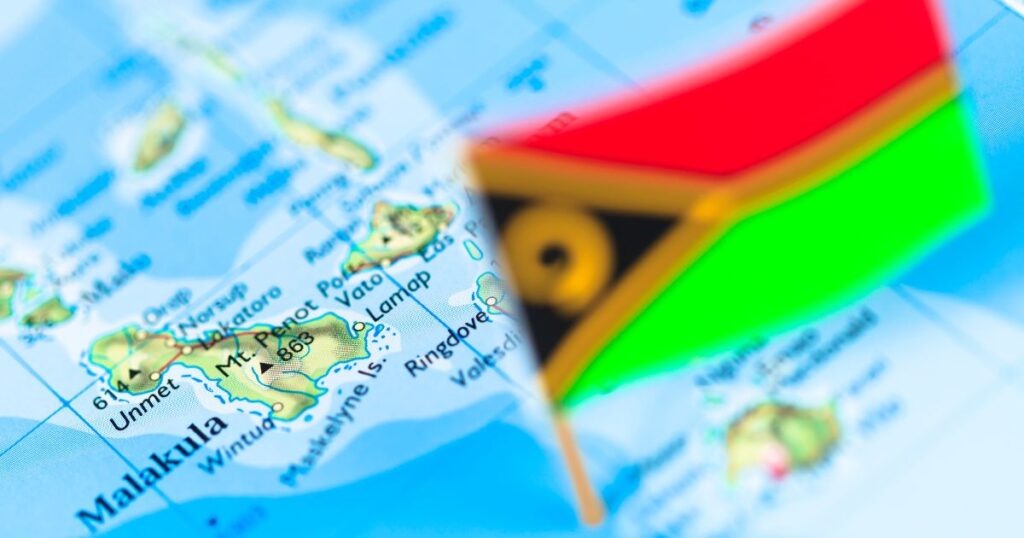Dominica runs the second oldest Citizenship by Investment Programme in the Caribbean region since 1993.
Efficient due diligence and background checks is the cornerstone of Dominica’s citizenship by investment program. This rigorous process of evaluating an applicant’s legitimacy to acquire citizenship from a country is the cornerstone of Dominica’s CBI Programme.
Admitting only highly qualified applicants not only protects the country’s reputation in the international investment market, but also influences diplomatic relations with the rest of the world, but it also directly impacts the strength of the country’s passport as well. Applicants can also be refused for several reasons
The due diligence process is one that can take anywhere from three weeks to three months, depending on the complexity of the case. It can differ vastly from that of an applicant who has worked in many different cities, where due diligence would then be required on all the different locations.
As a first step, applicants to Dominica are screened by the Citizenship by Investment Unit and are obligated to submit a range of documentation including police clearances, from their current country of residence. These documents are verified, and potential applications are then sent to the Joint Regional Communication Center (JRCC), who then vet the applicants against their internal databases, and forward their results to the CBIU.
Following this initial screening, the CBIU forwards the verified documents to one of their subcontracted investigative agencies that specialise in identifying corruption, terrorism, and money laundering. These highly reputable agencies assess the risk of the applicant by employing a range of tactics to mine for information. These include one-on-ones with former business partners, local law enforcement, employees, and friends. The aim is to assess the applicant’s reputation, and once that has been established, a more intensive screening process ensues to confirm the applicant’s suitability for citizenship.
This process is further supported with information acquired from databases, such as terrorist watch lists as well as political, litigation and criminal databases. A report summarising its findings is then generated, identifying the individual’s type and source of wealth. It also provides a grade for the level of risk the applicant may pose –
- very low,
- low,
- medium, or
- high risk.
Once due diligence reports are issued to Dominica’s CBIU, a committee determines the decision on whether to grant or deny citizenship to an applicant. Official notification is then delivered to the applicant’s local agent.
Source: Dominica CBIU





